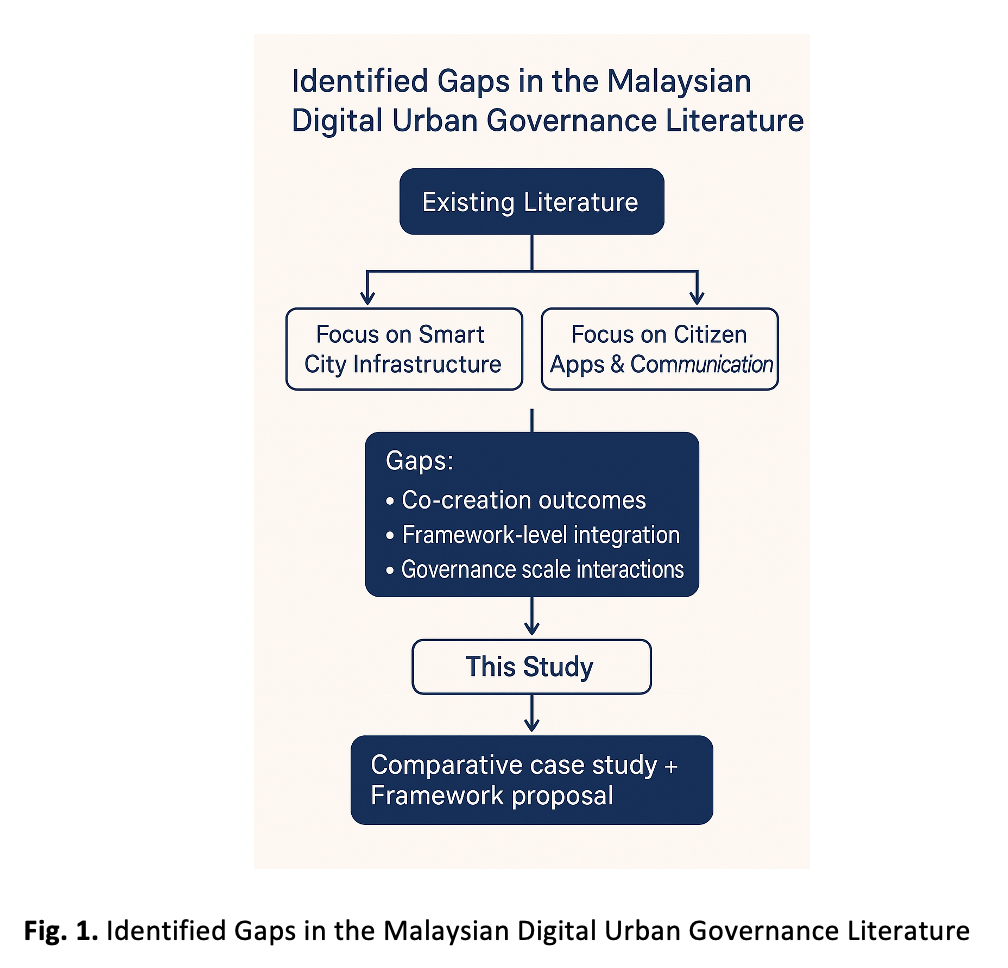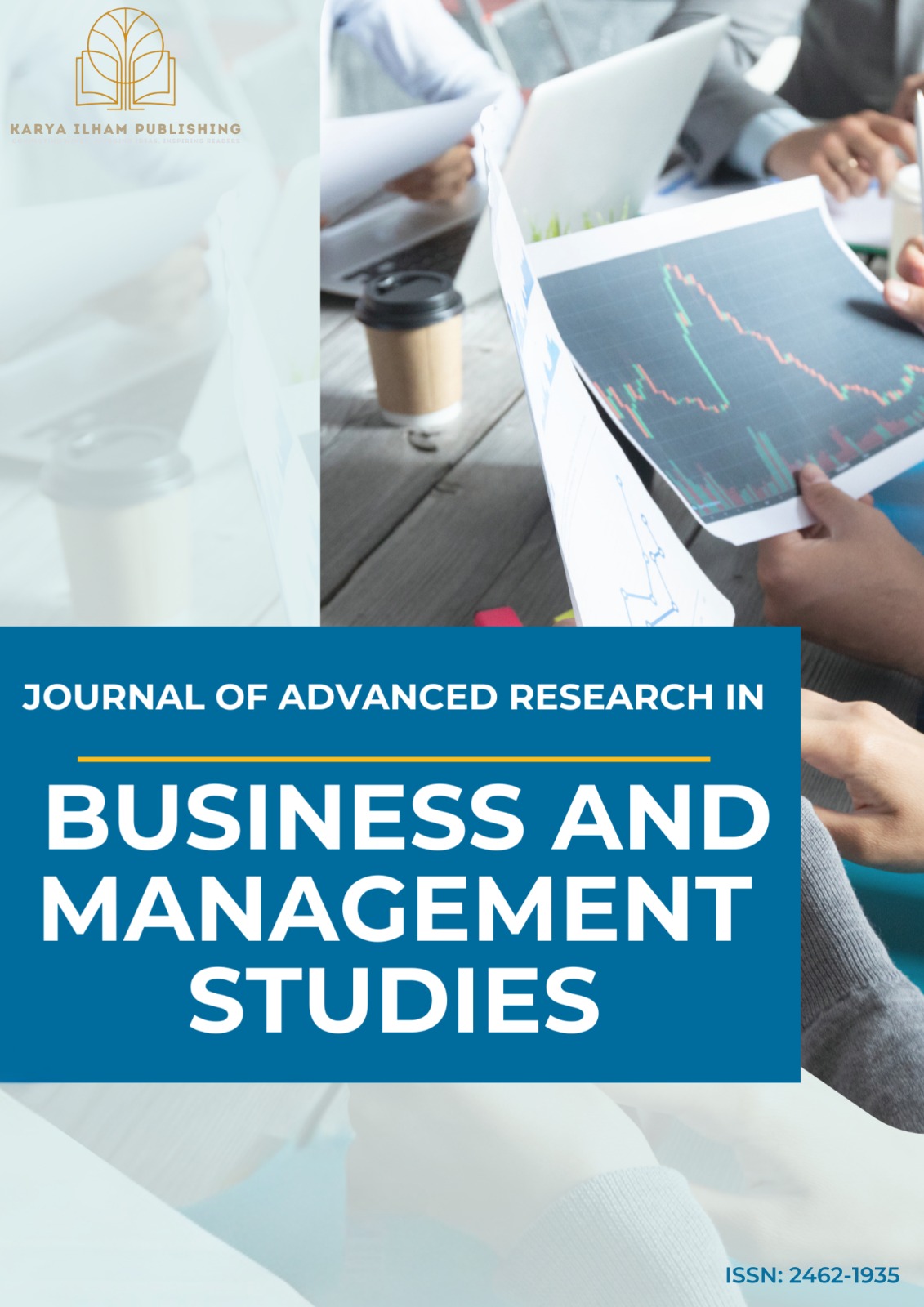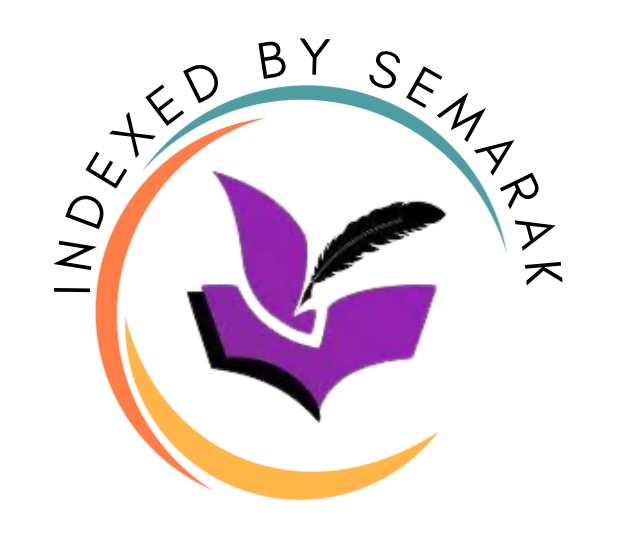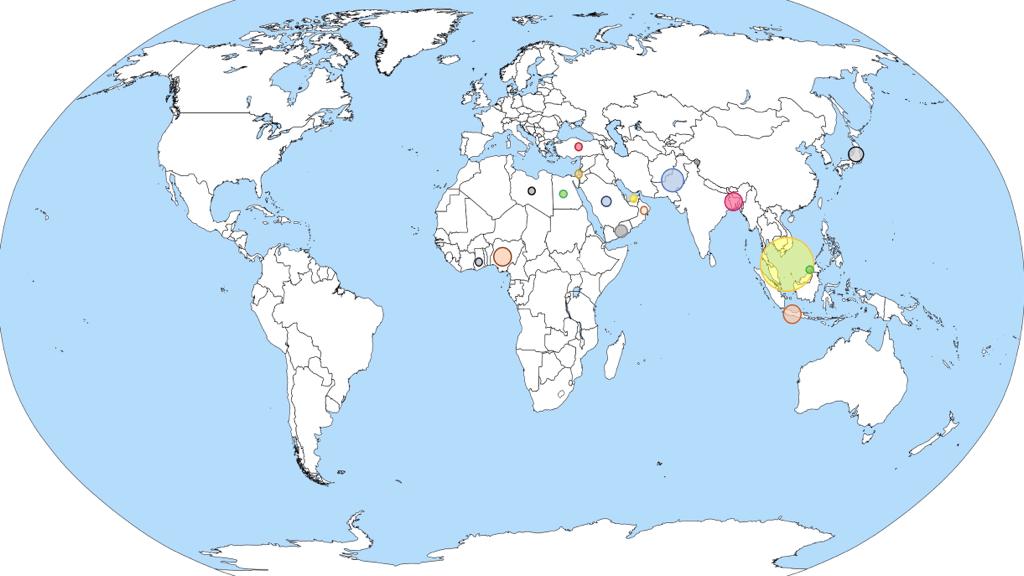Inclusive Urban Governance in the Digital Era: Advancing Participatory Planning and Policy Innovation in Malaysian Cities
Keywords:
Inclusive urban governance, participatory planning, digital engagement tools, smart governance, Malaysia MADANIAbstract
The evolving urban landscape in Malaysia demands governance models that are inclusive, participatory, and digitally responsive. This paper investigates how digital tools are being integrated into urban planning to enhance public participation and policy innovation in Malaysian cities, with comparative insights from Penang and Putrajaya. The study addresses a critical gap in understanding how smart governance intersects with social inclusion in local development processes. Grounded in Smart Governance Theory and the Social Inclusion Model, this research employs a mixed-methods approach, integrating semi-structured interviews with urban planners and community leaders (n=12), policy content analysis, and survey responses from 150 residents across both cities. The study is guided by three research questions: (1) How do digital platforms facilitate community engagement in urban governance? (2) What institutional barriers hinder inclusive planning? (3) What policy innovations emerge from citizen-centric digital integration? Findings highlight that digital tools such as participatory GIS, e-planning dashboards, and feedback apps enhance transparency and inclusivity, but their effectiveness is constrained by digital literacy gaps, fragmented data ecosystems, and limited inter-agency coordination. The study develops an Integrated Framework for Inclusive Smart Governance, which outlines strategic pathways for aligning community engagement technologies with local planning policy and institutional reform. This paper contributes a novel theoretical and practical perspective by linking digital innovation with inclusive governance in a Southeast Asian context. Policy implications include actionable recommendations for local authorities to embed co-creation principles in planning processes, in line with SDG 11: Sustainable Cities and Communities, and Malaysia MADANI policy aspirations. The findings are relevant to policymakers, urban planners, and international development actors seeking to foster more equitable and participatory urban futures.













